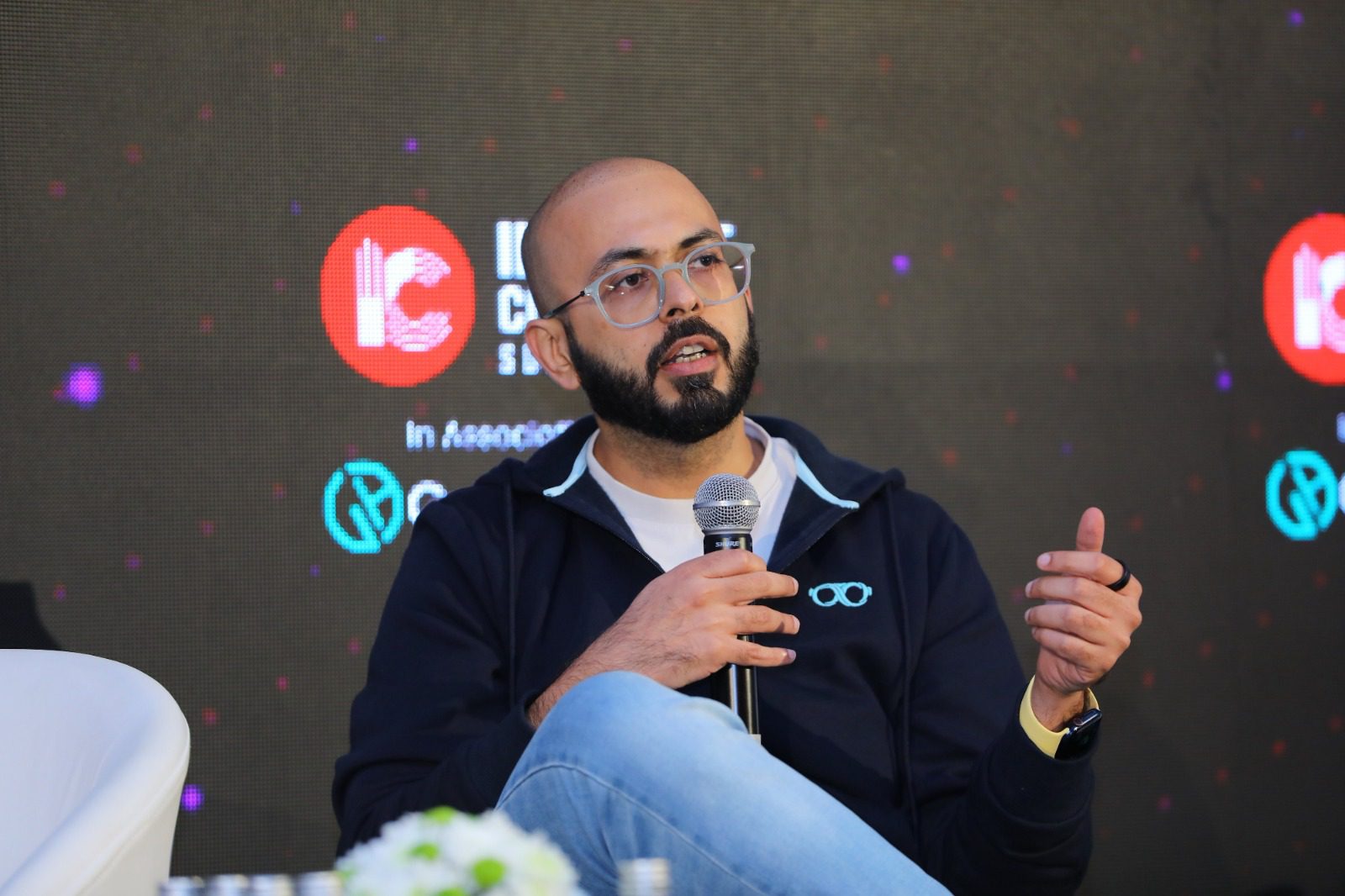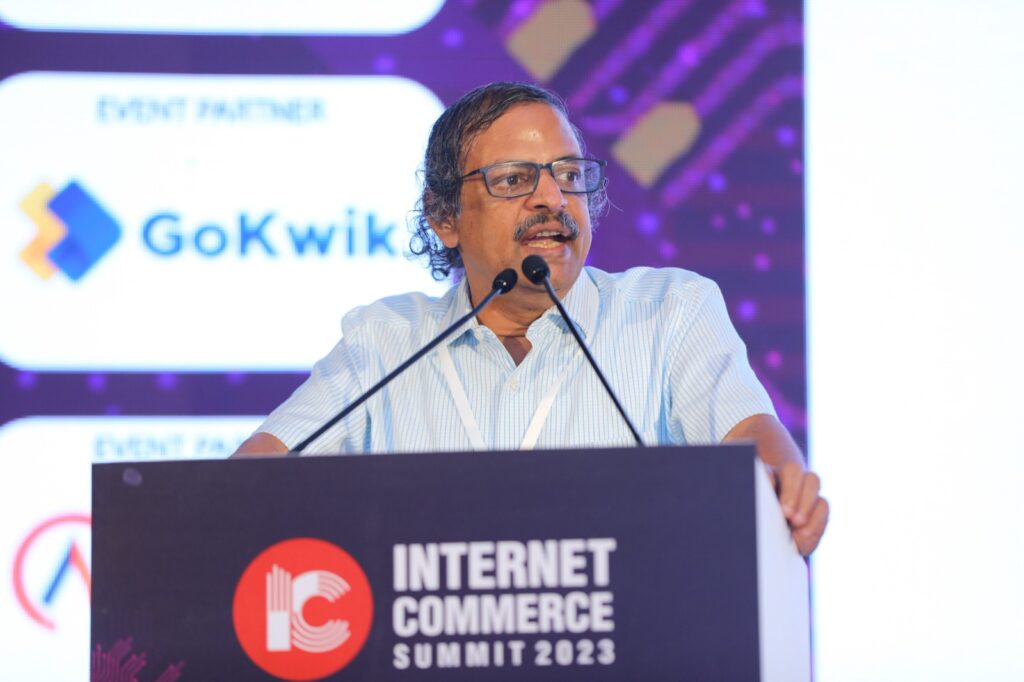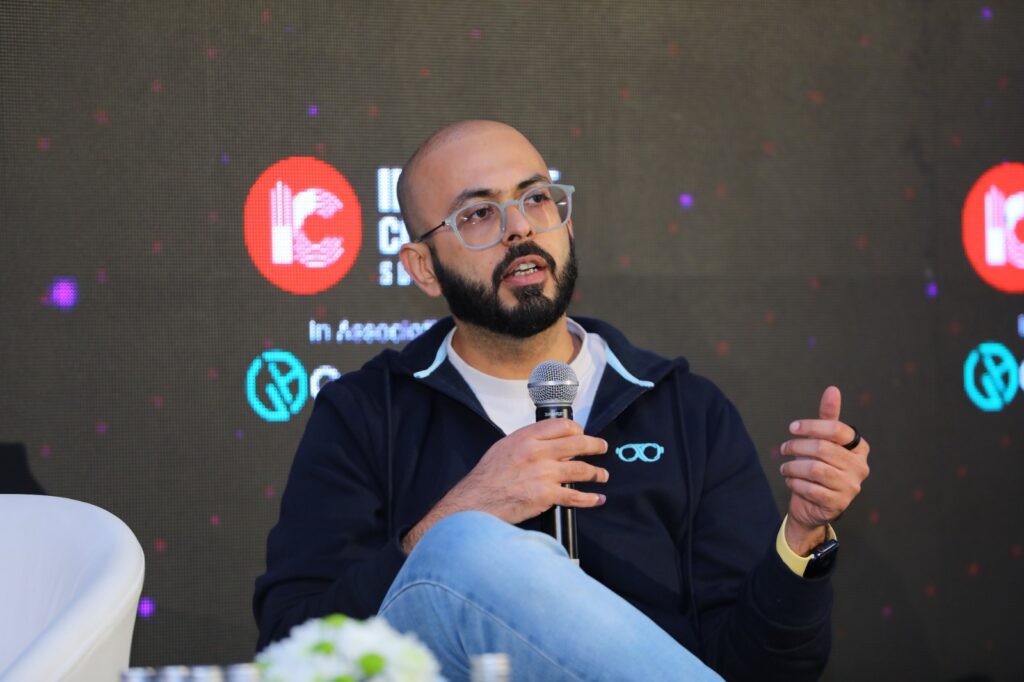Hemant Singh – Mumbai Uncensored, 16th March 2022
Thousands of engineers, investors, and entrepreneurs are fleeing India because of the country’s hesitancy to embrace digital assets, as per the co-founder of the country’s most well-known crypto unicorn.
Sandeep Nailwal, the co-founder of polygon stated his concern over the migration of new talent from India to other countries due to restrictive and unfriendly policies that hinder the growth of any new technology or mind. Polygon operates as a solution Layer 2 protocol for the Ethereum blockchain system.
Since the Supreme Court reversed a central bank prohibition on digital tokens in 2020, India, which has an estimated 15 million active crypto users, has been in regulatory uncertainty. This year, the government announced a tax on cryptocurrency transactions without publicly stating that trading would not be prohibited, a move that highlighted the uncertainty & increased the confusion.
On Tuesday, Finance Minister Nirmala Sitharaman stated that they are still not sure whether to ban or regulate crypto. On the other hand, she stated that there is potential in this asset to generate revenue as the user base is huge: “Many Indians have seen a future in it, therefore I see a possibility for revenue in it,” she said. The government imposed a 30% tax on crypto when someone gains profit from it over 15 lakh rs.
There was criticism regarding how someone can impose a tax on an asset when they have not formally accepted it or made it legal.
Nailwal moved to Dubai two years ago after co-founding Polygon in 2017. The emirate wants to be a crypto hub for the Middle East, much like it is for traditional financial services, and it passed a law regarding digital assets on Wednesday.
India has the huge potential to be a giant in the crypto universe.
“I want to live in India and promote the Web3 ecosystem,” Sandeep naiwal.
“But overall, the way the regulatory uncertainty is there and how big Polygon has become it doesn’t make sense for us or for any team to expose their protocols to local risks.”
India appears to have the potential to become a significant country in the crypto universe. The 1.4 billion population is youthful, with an expanding, well-educated middle class. As per Chainalysis, a blockchain research firm, this, along with a less established traditional banking system, has resulted in the world’s second-highest cryptocurrency rising adoption after Vietnam. According to research released in October by Chainalysis, overall crypto transactions increased by 641 percent between July 2020 and June 2021.
China was the only country to ban crypto last year, however, it was not a surprise given the non-democratic government it has, it won’t give power in hand to the people let alone provide them their money in their own hands. Also, China has plans to launch its own regulated CBCD.
Governments are strangled for long in fraud, scams, and hacks in the industry. Moreover, the rapid growth of these problems requires innovative solutions. Well-developed countries are now moving toward a more structured approach to regulation.
“Countries will keep losing new talent capabilities until the time they figure it out,” Nailwal said. “Crypto is very disruptive in the sense it has a potential not only to disrupt the concept of money but also the concept of government itself.”
Investors and entrepreneurs need more clarity. U.S president Joe Biden announced a new order in favor of crypto which resulted in an 11% bull run of bitcoin.
The thorn in the path of the cryptocurrency sector towards adaptation and growth.
Despite the fact that Indians are enthusiastic about digital assets and the government loots at them as possibilities for tax collection, the central bank continues to oppose the business. While it’s not rare that central banks oppose cryptocurrencies, still the criticism of crypto by the Reserve Bank of India has been particularly harsh.
Last month, Governor Shaktikanta Das compared cryptocurrencies to the 17th-century Dutch tulip market bubble, and his deputy claimed cryptocurrencies are similar to Ponzi schemes, endanger financial stability, and should be prohibited.
After India’s central bank blocked off crypto-related firms from the country’s payment network, Edul Patel, the co-founder of Mudrex, an automated digital asset trading platform sponsored by Y Combinator, opted to establish his company in the United States in 2019. In response, the Supreme Court ruled against the central bank.
Everyone serious about blockchain technologies are moving to places like Dubai, Patel said in an interview.
The plus point about Dubai is its “sandbox approach,” something that India lacks for crypto, he added.
Sandbox settings are frequently used by governments as a testing ground for potential but unproven financial technology. Patel also mentioned Dubai’s proximity to India and its open, transparent, and pro-creator taxation structure.
Nitin Sharma, the Bengaluru-based founding partner of venture capital firm Antler, which plans to invest in Indian startups focused on blockchain and Web3 applications, stated “I’ve often heard the joke that Dubai is the best city in India,” “And once you have well-known founders or startups move, it starts to attract many others, creating a community.”
Conclusion
Since the Ukraine Russia conflict, Some of us are blaming Indian students for leaving the country and calling their action as “doglapan”, while not noticing, why they are leaving? and why is there this huge brain drain going on?
Ph.D. students complain about their professor not helping them with the articles and research papers they need to write, nor they are that friendly as compared to some foreign university professors. Source Quora
Tech startups are forced to move from the country thanks to the banks that can’t accept new payment methods and technologies that make them less efficient in fighting against corruption and black money.
We are not giving our plus ultra, but rusted by the comfort zone we were given by Sarkari Naukri, why put extra effort when we are secure in this traditional method while burning in brain drain, inflation, corruption, and online hacks.



 Special Editions2 weeks ago
Special Editions2 weeks ago


 Special Editions3 weeks ago
Special Editions3 weeks ago


 Crime News3 weeks ago
Crime News3 weeks ago


 Special Editions2 weeks ago
Special Editions2 weeks ago


 Entertainment3 weeks ago
Entertainment3 weeks ago
















